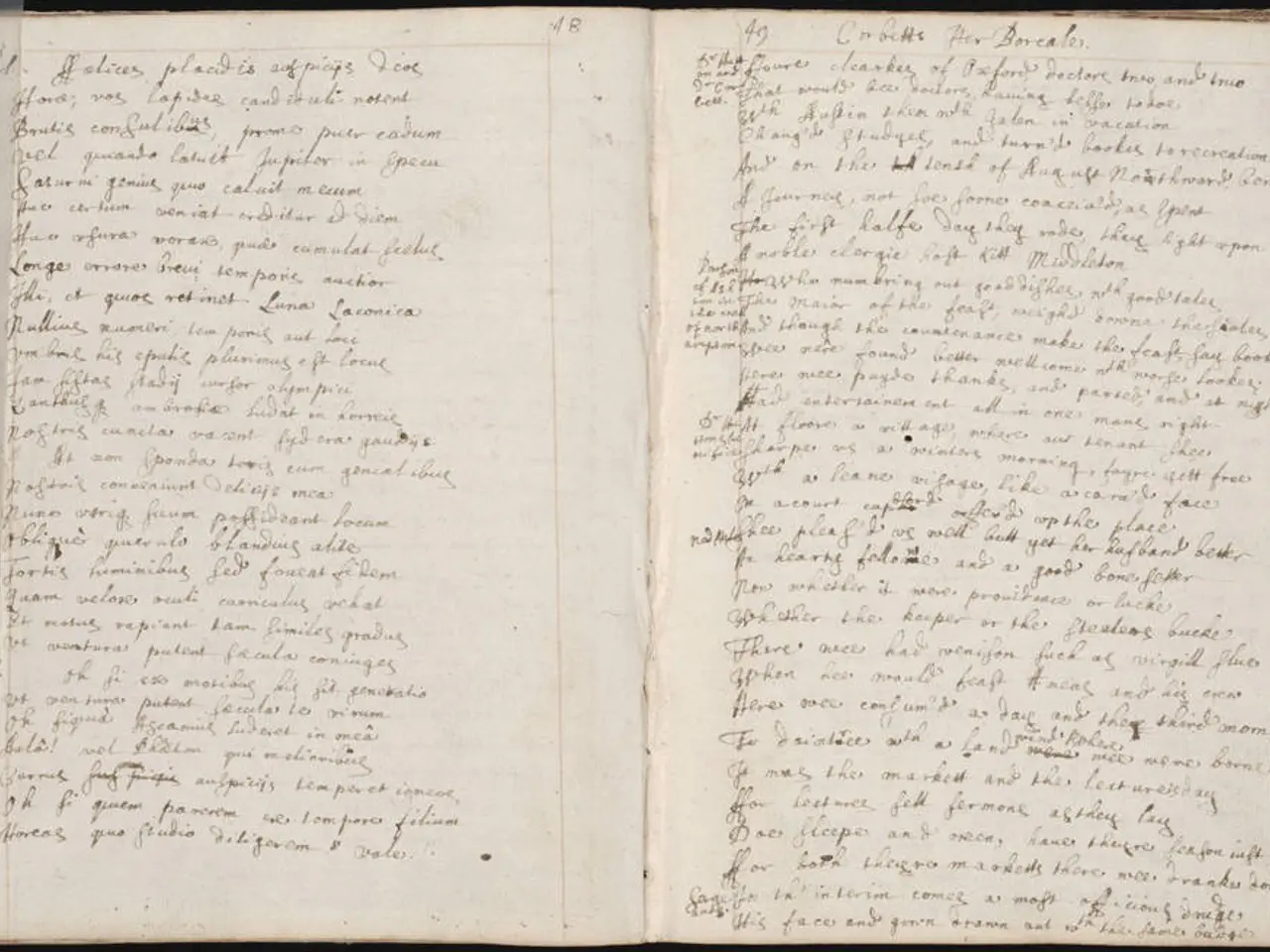Life in Purgatory: Antigone Kefala's The Island Exploration
==============================================================================
"The Island," a novel by Antigone Kefala, was first published in 1984 and has recently been reissued by Transit Books. This poignant work centres around the theme of the enduring, inescapable past, as experienced by the protagonist, Melina.
Melina, a young refugee in the novel, is caught between the present and the shadowy realm of her past. Her family, who lost cosmopolitan, pre-war Europe, including Greta Garbo and Grandmother Sofia, during their exile, share this sense of anachronism. Melina's life is a series of transitions, moving between a "narrow colony" of past-obsessed exiles and intellectuals, and a university where she studies French and English literature.
The novel explores the idea that displacement is more temporal than spatial. Melina feels like a "perpetual anachronism," caught between a past where "all the exciting things happened before I was born" and a cold, green future. This sense of being out of time is further emphasized by Melina's relationships, particularly with Dinos, who offers a temporary respite from the burdens of memory and history.
"The Island" anticipates some elements of diasporic literature, featuring ever-fading memories, religious pressures, and an immigrant exclave. However, Melina and her friends are always specific, refusing to become allegories for the 20th century refugee experience.
Kefala's prose in "The Island" is beautifully nuanced, capturing emotional complexity and the interplay between memory and identity. Reviews have praised the novel for its subtle yet profound thematic concerns and its lyrical quality in depicting the protagonist's inner life and external relationships.
Antigone Kefala, of Greek descent, was born in Brăila, Romania in 1931. Her family fled to Greece, then New Zealand, and finally Sydney, where she lived until her recent death. "The Island" was her first novel to be released internationally.
In summary, "The Island" is a reflective and poignant novel about memory’s hold on identity, the partial escape offered by love, and the ongoing negotiation between past and present in personal and familial histories. Its reception appreciates the novel’s poetic insight and thematic depth within Kefala’s literary legacy as an Australian poet and novelist of Greek descent.
Melina's love for French and English literature, studied at the university, significantly influences her lifestyle, reflecting a preference for intellectual pursuits and a fascination with the cultural history found in books. In her spare time, Melina might seek entertainment in films, perhaps ones featuring Greta Garbo, evoking a sense of nostalgia for a past she never personally experienced. These interests juxtapose against the constant presence of the past in her life, as she navigates the challenges of her present and the shadowy realm of her personal history.








